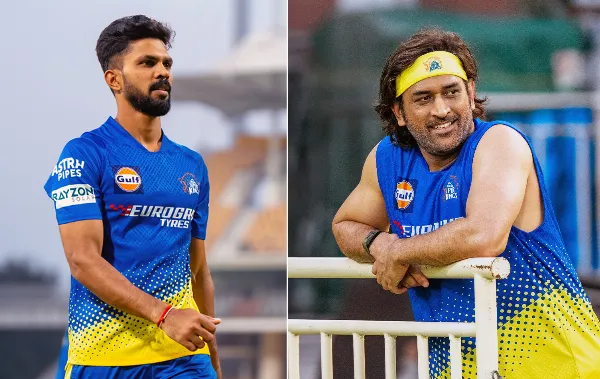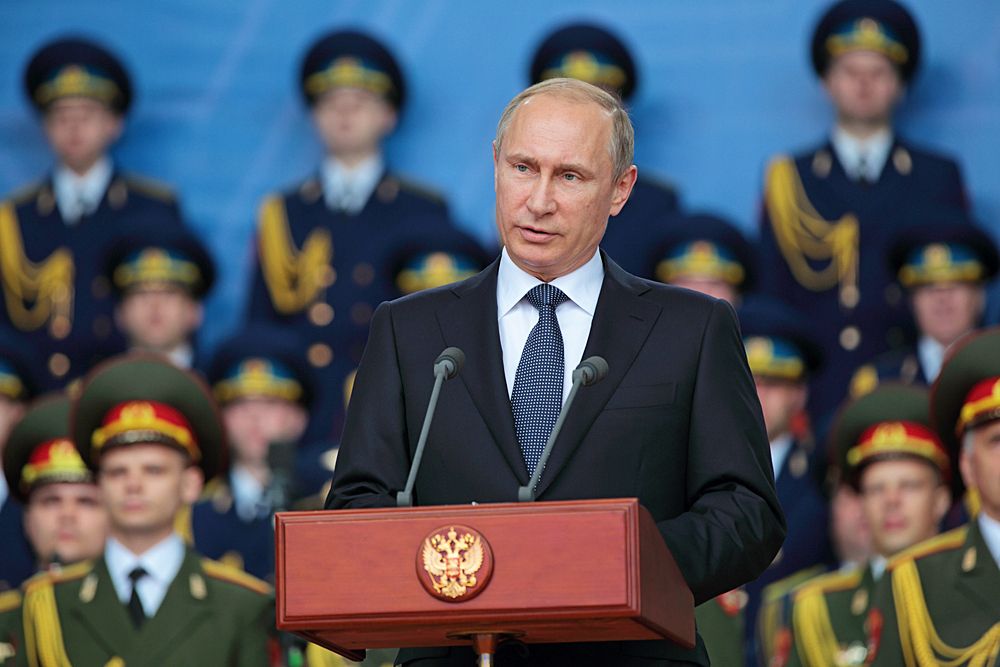The Delhi High Court’s recent decision to decline a second petition seeking the removal of Arvind Kejriwal as Chief Minister has brought renewed attention to the ongoing legal challenges surrounding his tenure. This ruling comes in the wake of his arrest in connection with the now-defunct Delhi excise policy-linked money-laundering case, which has sparked controversy and debate.
Arvind Kejriwal, the Chief Minister of Delhi, was arrested in connection with a money-laundering case linked to the Delhi excise policy. The policy, which has since been scrapped, faced allegations of irregularities and corruption, leading to calls for Mr. Kejriwal’s removal from office.
Court’s Decision
The Delhi High Court’s decision to reject the petition seeking Mr. Kejriwal’s removal underscores the court’s stance on judicial interference in executive matters. The court reiterated that it does not have the authority to intervene in such cases, highlighting the separation of powers between the judiciary and the executive.
Implications
The court’s decision has significant implications for the political landscape in Delhi. Despite the controversies surrounding Mr. Kejriwal’s arrest and the demands for his removal, the court’s stance reinforces the principle of the independence of the executive from judicial oversight.
Conclusion
The Delhi High Court’s refusal to entertain the plea seeking Arvind Kejriwal’s removal as Chief Minister reaffirms the court’s commitment to upholding the principles of democracy and the rule of law. While the legal battle continues, this decision underscores the importance of respecting the separation of powers and allowing the executive to function independently.



